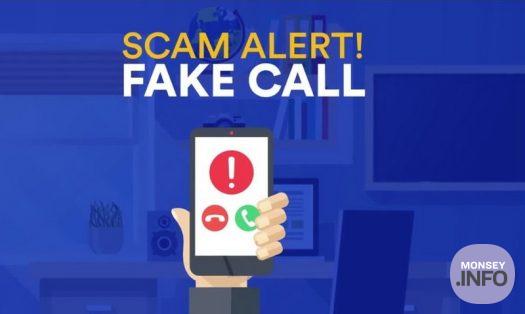
Orange and Rockland Utilities to Customers: Know the Tricks Scammers Use and You Can Avoid Being a Victim
Orange and Rockland Utilities (O&R) urges its customers to learn the signs that a crook is trying to rip them off by posing as a company employee and demanding money.
Scammers are inventive, resourceful, and persistent. They contact customers by email, text, phone and by showing up at homes and businesses. The best defense for customers is to be aware of the methods scammers use.
Orange and Rockland Utilities is among 150 U.S. and Canadian energy and water companies that are using International Fraud Awareness Week November 12-18 as an opportunity to educate consumers provide information on the methods scammers use. The companies are members of Utilities United Against Scams, which has declared today to be Utility Scam Awareness Day.
“As scammers become more imaginative, we want our customers to know they can empower themselves,” said Janette Espino, Orange and Rockland Utilities’ vice president, Customer Service. “A customer who receives a demand for immediate payment or feels pressured to give up personal information can stop the scammer by remaining composed and refusing to play along. But it all starts with recognizing the scammers’ deceptive tactics.”
“Utility impostor scammers continue to grow more sophisticated in their tactics,” said Monica Martinez, executive director of Utilities United Against Scams. “Increasingly, we are seeing scammers use digital methods that target both younger and older generations. We encourage customers to stop and verify any unusual utility company requests before making a payment, regardless of whether the customer is contacted via phone, internet, or in person,”
David Braunfotel, Orange and Rockland Utilities’ Director of Customer Assistance, warns these are signs that the person contacting an Orange and Rockland Utilities’ customer is a scammer:
- A common tactic is for a scammer to say a customer must make an immediate payment to avoid a service turnoff. Orange and Rockland Utilities does not make these calls.
- Scammers call customers and instruct them to buy a pre-paid card. Once the customer puts money on the card and provides the scammer with the card number, the scammer steals the money. O&R does not accept payment by pre-paid debit cards, MoneyGram, or similar transfers.
- Scammers contact customers and demand payment via apps like Cash App, Venmo and Zelle. O&R does not support these platforms for payment. The company also does not accept payment via PayPal or bitcoin.
- People trying to pull a scam often try to sell a customer on urgency. They’ll say that company personnel are on their way to shut off service. Scammers who believe they are getting what they want from a customer sometimes act extremely polite and helpful as they tell the customer what to do.
- Many scammers try to get customers to give up their O&R account number, Social Security number or other personal information. The customer should hang up and call 1-877-434-4100 or the local police department.
- A person who shows up at a home or business not wearing an Orange and Rockland Utilities’ ID is not a company employee. An Orange and Rockland Utilities’ employee will politely show the ID to the customer when asked. If you are still not sure the person works for the company, call O&R at 1-833-460-7059 to get confirmation.
Scammers who call customers by phone can even make an O&R phone number appear on a customer’s caller ID display.
When a customer gives money to a scammer, the scammer will often claim that the payment did not go through and demand another payment. The company has gotten reports of customers providing multiple payments totaling thousands of dollars to a scammer. Orange and Rockland Utilities’ website offers approved options for bill payment.
Some utilities have reported an increase in utility impostor scams through digital methods, including search engine-related scams. Digital scam tactics include:
- Sponsored ads on search engines that lead to an identical – but fake – utility bill payment page.
- QR codes that scammers falsely claim link to a utility payment page.
- Texts from a scammer claiming to be a utility representative, with a link to an impostor payment page.









